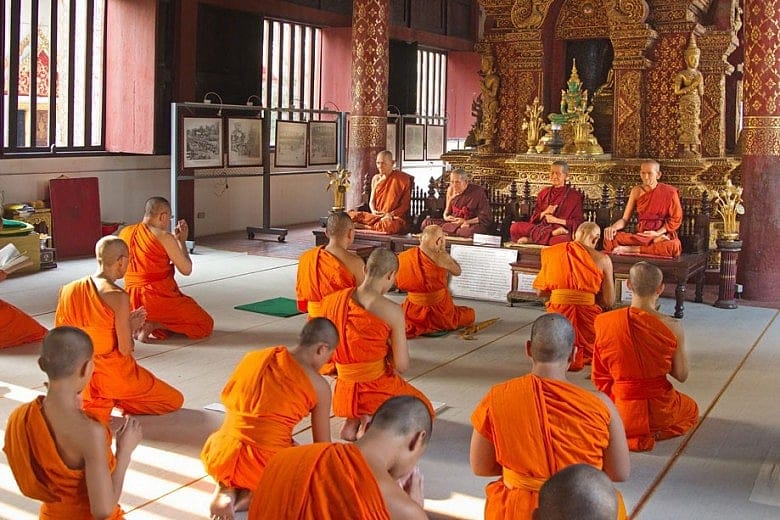Beyond Google

There is a lame joke about a man who was searching for the meaning of life. He consulted friends, old teachers, and people he considered wise. But none could help him. He scoured libraries in search of the answer. But still, no luck. Finally, someone told the man about a Buddhist monk living high in the Tibetan mountains. Obsessed by his quest, the man traveled and traveled, climbed and climbed, and finally he reached the old monk, sitting quietly in contemplation.
"Oh, wise one," the man said, "I have traveled thousands of miles seeking the answer to one question: What is the meaning of life?"

